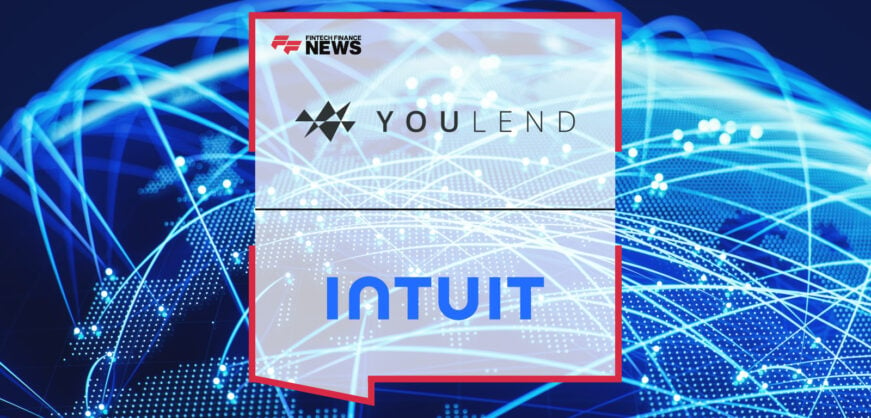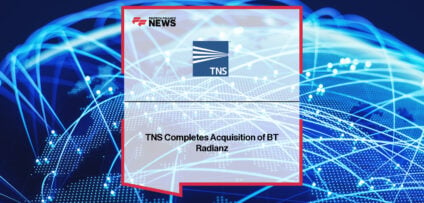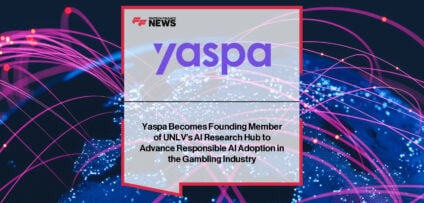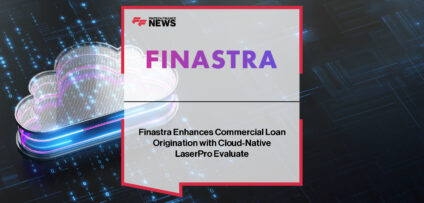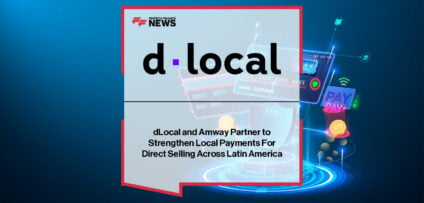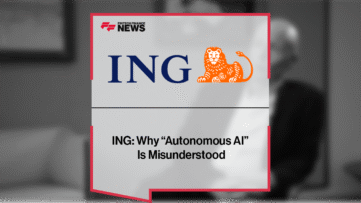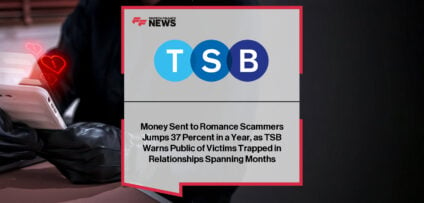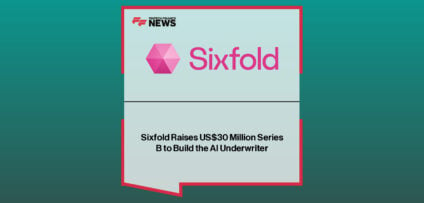Breaking News
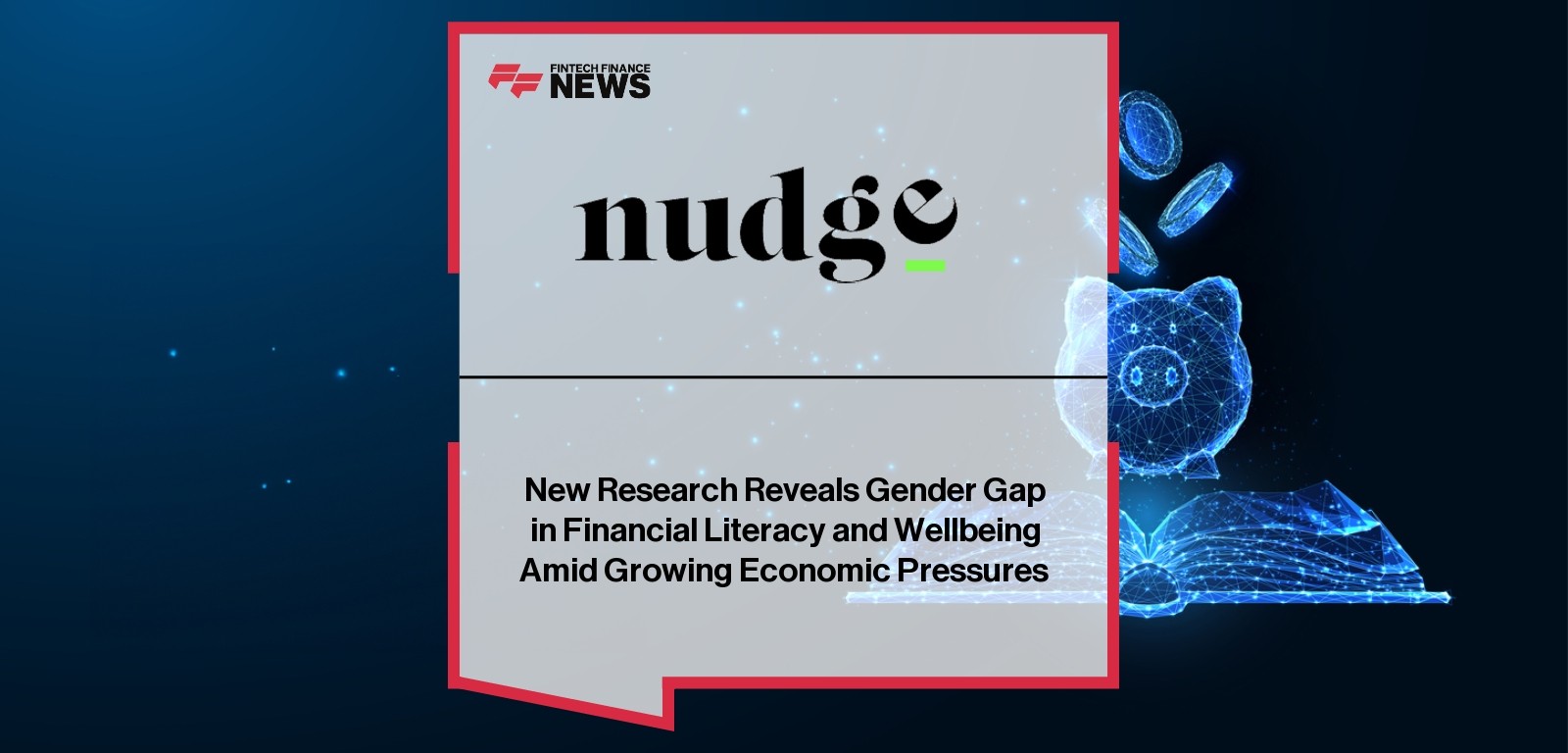
New Research Reveals Gender Gap in Financial Literacy and Wellbeing Amid Growing Economic Pressures
A new study reveals a widening gender gap in financial literacy and financial wellbeing, as women face more problems than men do as the economy gets worse. The results show that better financial education and support systems that include everyone are needed to close this gap that has been there for a long time.
New findings from nudge, the global financial wellbeing program partner, reveal a persistent gender gap in financial literacy and wellbeing. According to the 2025 Global Financial Wellbeing Report, which surveyed 11,500 employees across 17 countries, women are significantly more likely than men to report poor financial health (25% vs 18%) and to experience the emotional and physical toll of financial stress. Although 69% of women rate their financial literacy as “good”, this is accompanied by lower confidence in managing financial change and a greater likelihood of feeling anxious, ashamed, or angry about their finances.
Financial stress hits women harder
The emotional impact of financial insecurity is more profound among women. Nearly twice as many women as men report feeling ashamed (12% vs 6%), anxious (16% vs 9%), or angry (12% vs 8%) about their financial situation. When asked to assess their financial health, a quarter of women rated it as poor or very poor, compared to just 18% of men.
Debt is a major contributor to stress among women. Over half (55%) say their debt negatively impacts their stress levels. This stress isn’t just mental – it often manifests itself physically. Women report experiencing stress-related symptoms such as sleep disruption (31%), fatigue (24%), and migraines (21%). Depression, weight changes, and social withdrawal are also commonly reported.
Addressing the gender gap in financial literacy, we need to use targeted teaching methods that take into account the financial choices women make every day.
Confidence, education, and the role of employers
A significant confidence gap exists between women and men when it comes to navigating financial change. In the US, one in four women (25%) say they don’t feel confident managing potential shifts in the cost of food, healthcare, housing affordability, and social security – compared to 15% of men.
This disparity may be linked to differences in access to, and use of, financial education. While social media is the chosen source of financial knowledge for both genders (41% of women and 43% of men), men are more likely to engage with a broader range of resources. These include financial education books (36% of men vs 28% of women), online courses (33% vs 29%), and periodicals (32% vs 23%). Podcasts and employer-provided education are used at similar rates, but a concerning 13% of women report having no sources of financial education at all, compared to just 8% of men.
Tim Perkins, Co-Founder and CEO at nudge said: “This data highlights the urgent need to close the gender gap in financial literacy. Women are disproportionately impacted by financial stress, this is not necessarily because of access to education, but because of lower confidence in navigating complex financial topics. We must ensure that financial education is not only accessible, but also personalised to everyone’s unique circumstances and interests.”
While challenges remain, the findings also highlight clear opportunities for employers to make a meaningful difference. Perkins said, “Financial literacy remains one of the most effective methods to reduce financial stress, especially during times of economic uncertainty. Employers have a vital role to play in delivering personalised, impartial financial education that empowers individuals to take control of their financial futures. By doing so, they can help support employees’ mental, physical, and social wellbeing, ultimately creating a healthier, more resilient workforce.”
As the economy gets worse, closing the gender gap in financial literacy will be very important for improving women’s long-term financial health across all groups.
You can read the full 2025 global financial wellbeing report here.
People In This Post
Companies In This Post
- YouLend and Intuit Team Up to Bring Embedded Capital to QuickBooks UK Customers Read more
- dLocal and Amway Partner to Strengthen Local Payments For Direct Selling Across Latin America Read more
- How Freedom Holding Corp Turned Technology Foundations into a Scalable Fintech Ecosystem | Freedom Holding Corp | The Fintech Show #161 Read more
- ComplyAdvantage Fintea Chats: Fighting Financial Crime in an Age of Faster, Smarter Criminals Read more
- ING: Why “Autonomous AI” Is Misunderstood Read more





